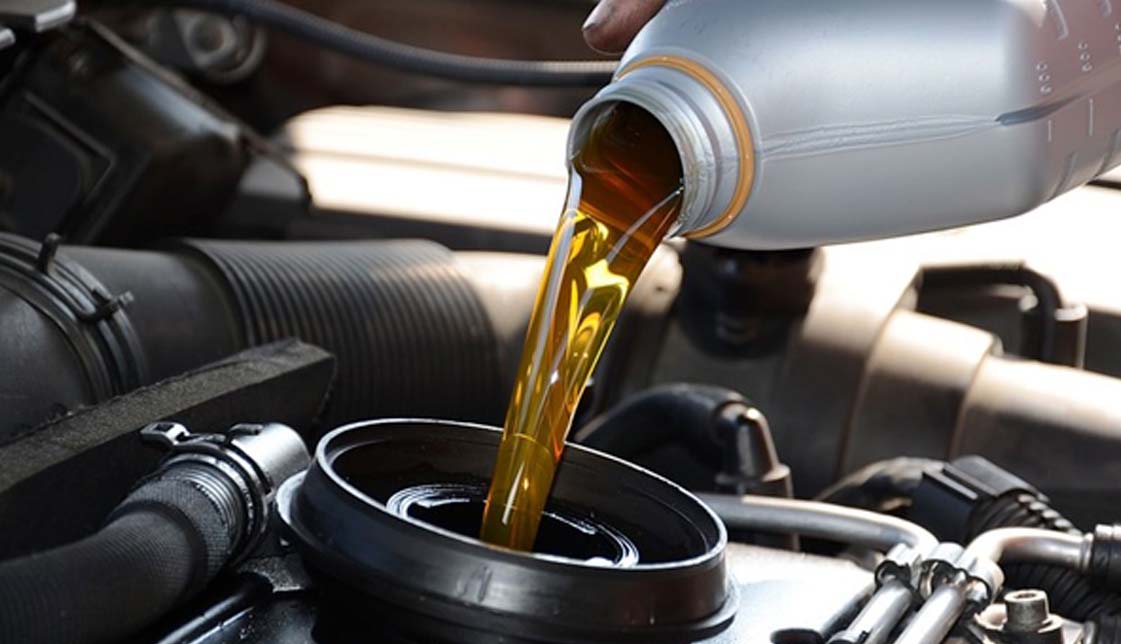
A BASIC GUIDE TO INDUSTRIAL LUBRICANTS
The industrial and manufacturing sectors are working hard to keep up with the increasing demands and competition in the market. This makes efficiency and quality uncompromisable for companies. Industrial lubricants help companies achieve this aim by keeping all machines in the best possible condition.
Industrial lubricants are products that help to reduce wear, friction and prevent moisture from spoiling the components of a machine. They act as fluid or semi-fluid films between various parts of a machine. These compounds also help in controlling temperature and sealing parts from external contaminants like dust and debris. Various kinds of industrial lubricants have different properties and therefore, can be used for various purposes.
It is important to choose specific industrial lubricants for specific applications to ensure maximum efficiency and cost-effectiveness. The right kind of lubricant will also help to increase the life of a machine. Although lubricants come in various forms, liquid lubricants are the most widely used in all kinds of industries. This is due to their unique set of properties. Within liquid lubricants, there are two major types of industrial lubricants used in industries these are:
Oils
A common type of industrial lubricant is oil. Oils have different viscosity. It is one of the best kinds of lubricant due to its multipurpose nature. They reduce wear & tear and help in the smooth running of machines, thus increasing their life span. Oil does not add friction between parts of a machine. Based on their origin, oils are categorized into Natural, Mineral, and Synthetic. Further, they can be subdivided based on properties like viscosity, flash point, and pour point oils into eight main types.
1. Heat transfer oil – They transfer heat over long periods and are low maintenance.
2. Compressor oil – These have great anti-wear, oxidation, and anti-rust properties.
3. Circulation oil – This type of oil has a high viscosity index and heat resistance.
4. Industrial gear oil – They can handle extreme pressures and insulate the parts against various factors like dust, wear, etc.
5. Process oils – They are used by various industries to soften polymers.
6. Slideway oils – These are high-performance lubricants that are adhesive and have friction properties.
7. Turbine oils – These lubricants provide exceptional lubrication cooling and protection against rust and corrosion.
8. Cutting oils– These contain little petroleum oil and can mix well with water. They provide a cool effect as well.
Grease
Grease is a type of industrial lubricant formed when thickener and additives are added to the base oil. Due to its thicker consistency, it is used for requirements like sealing against contaminants and leakage control. Its ability to stay in the equipment for longer periods and tolerate various conditions make it suitable for industrial use. Within the category of grease, there are seven main types. This is based on various factors like base oil, additives, thickener, consistency, viscosity.
1. Bentone Grease
It is used in high-demanding industries like steel, construction, manufacturing, ceramic industry, and mining.
2. Polyurea Grease
It is used in various industries that require long-life lubricants like steel plants and electric motors.
3. Sodium Grease
Lubrication of contact bearings is one the most common applications of Sodium grease. It has poor oxidation stability and water resistance.
4. Barium Complex Grease
Its applications are mainly in heavy load industries like marine, aeronautical, and manufacturing. It can withstand high speeds and heavy loads.
5. Aluminium Complex Grease
Farming, food, construction, automotive and steel mining are some of the industries where the Aluminium complex finds its application.
6. Lithium Grease
It is used in various applications like automotive, gardening, household, industrial, and other metal to metal industries. It is a multipurpose product and has high durability and stability.
7. Calcium Grease
It is used in marine, automotive, agricultural, and marine applications. It is used in lower temperatures for water resistance, and stability.
Choosing the right one!
It is important to choose the right kind of lubricant out of the wide variety of options available in the market. This would help to cater to the needs of various industries. Selecting the right industrial lubricant for the machines would help increase productivity, thus enabling businesses to keep up with market requirements. This can be done by assessing the particular industry for which the industrial lubricant is required. Choosing the right brand is also important to ensure the product is of high-quality lubricant.
At Lubigen, we offer the best solutions for all kinds of industrial lubricant needs and ensure smooth performance in your industry!




